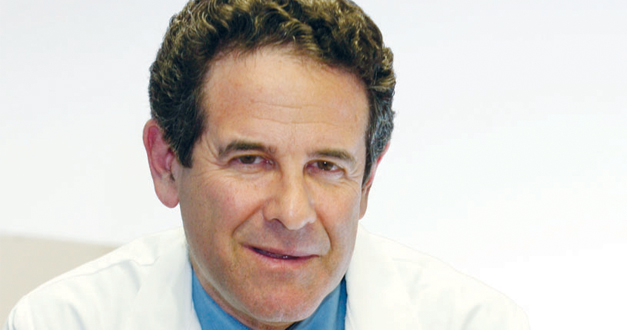Lifetime Achievement Award
Recognizes an individual or group who has made a significant lifetime contribution to the public health and welfare of South Florida through leadership, vision and dedicated service.
Biography
Arthur Agatston, M.D., FACC is a clinical professor of medicine at the FIU Herbert Wertheim College of Medicine as well as a clinical associate professor of medicine at the University of Miami Miller School of Medicine, and he serves as the medical director of Wellness and Prevention for Baptist Health South Florida. A pioneer in the field of noninvasive cardiac imaging, Dr. Agatston' s scientific work led to the creation of the Agatston Score. This score is derived from a simple CT scan and is used worldwide for early detection of atherosclerosis, so its progression can be halted years before it causes a heart attack or stroke. The first journal article on the score is one of the most cited in the medical literature. In addition, Dr. Agatston has co-authored over 200 medical abstracts and manuscripts. Widely known as the creator of the South Beach Diet as well as the author of The South Beach Diet books, Agatston didn't set out to develop a weight-loss diet. He developed the South Beach Diet Lifestyle plan to prevent his patients from developing diabetes, heart attacks and strokes and to improve their overall health while shedding excess pounds. Several of the South Beach Diet books were #1 New York Times Best Sellers and 23 million copies have been sold throughout the world. Agatston attended New York University School of Medicine. He did his internal medicine training at Montefiore Medical Center at the Albert Einstein College of Medicine and his cardiology fellowship at NYU. He spent 20 years as director of noninvasive cardiology at Mount Sinai Medical Center on Miami Beach where he trained cardiology fellows while doing research and clinical cardiology. Today, Agatston's cardiology practice is part of Baptist Health South Florida. It’s devoted to preventive cardiology and helping his patients attain optimal health. He, along with his colleagues, have recently developed a Virtual High Cardiac Risk Family Surveillance Program to prevent heart attacks and strokes in the family members of those with strong family histories of heart disease, no matter where they reside. He continues to be involved in research and lectures on cardiac prevention, nutrition and lifestyle nationally and internationally.
